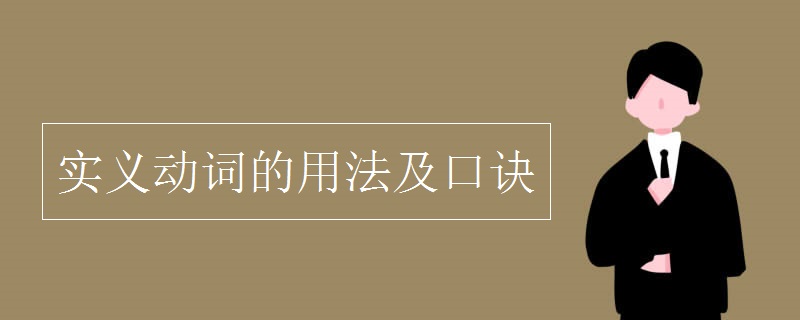|
含有实义动词句,Do和Does来出力;单三主语用Does,其余人称都用Do;一般疑问很好变,Do和Does提句前;句首是Do是Does,后面动词都还原;否定句也不难,主语后don’t,doesn’t跟上前;不论疑问否定句,人称或是一二三,实义动词必还原,does、has永不见。  1.肯定句 (1)I have a blue book. (2)He has a brother. (3)She wants to be a teacher. (4)They like to play basketball. 2.否定句:主语+don’t/doesn’t+动词原形。其中do/does为助动词,是来帮助实义动词构成否定或疑问句的,但加了do/does后,其后面的动词必须用动词原形。 (1)I have a blue book.(变为否定句)→I don’t have a blue book. (2)He has a brother.(变为否定句)→He doesn’t have brother. (3)She wants to be a teacher.(变为否定句)→She doesn’t want to be a teacher. (4)They like to play basketball.(变为否定句)→They don’t like to play basketball. 3.一般疑问句:Do/Does +主语+动词原形+其他?句中加了do/does后,其后面的动词还是必须用动词原形。 (1)I have a blue book.(变为一般疑问句)→Do you have a blue book? (2)He has a brother.(变为一般疑问句)→Does he have a brother? (3)My brother does his homework before supper.(变为一般疑问句)→Does your brother do his homework before supper? (4)She wants to be a teacher.(变为一般疑问句)→Does she want to be a teacher? (5)They like to play basketball.(变为一般疑问句)→Do they like to play basketball? 4.特殊疑问句:特殊疑问词+一般疑问句? (1)Your sister likes English best because it’s interesting.(对加粗部分提问)→Why does your sister like English best? (2)He does his homework before supper.(对加粗部分提问)→When does he do his homework? 注意:当含有and引导的短语在句中做谓语或宾语,我们把这类句子变否定句时,必须把and变为or.如: (1)He can swim and dance.(变为否定句)→He can’t swim or dance. (2)My father likes English and math.(变为否定句)→My father doesn’t like English or math. 5.but和except后。but前是实义动词do时,后面出现的不定式不带to。 例如:He wants to do nothing but go out.他只想出去玩。 比较:He wants to believe anything but to take the medicine.除了吃这药,他什么都信。 (责任编辑:admin) |
